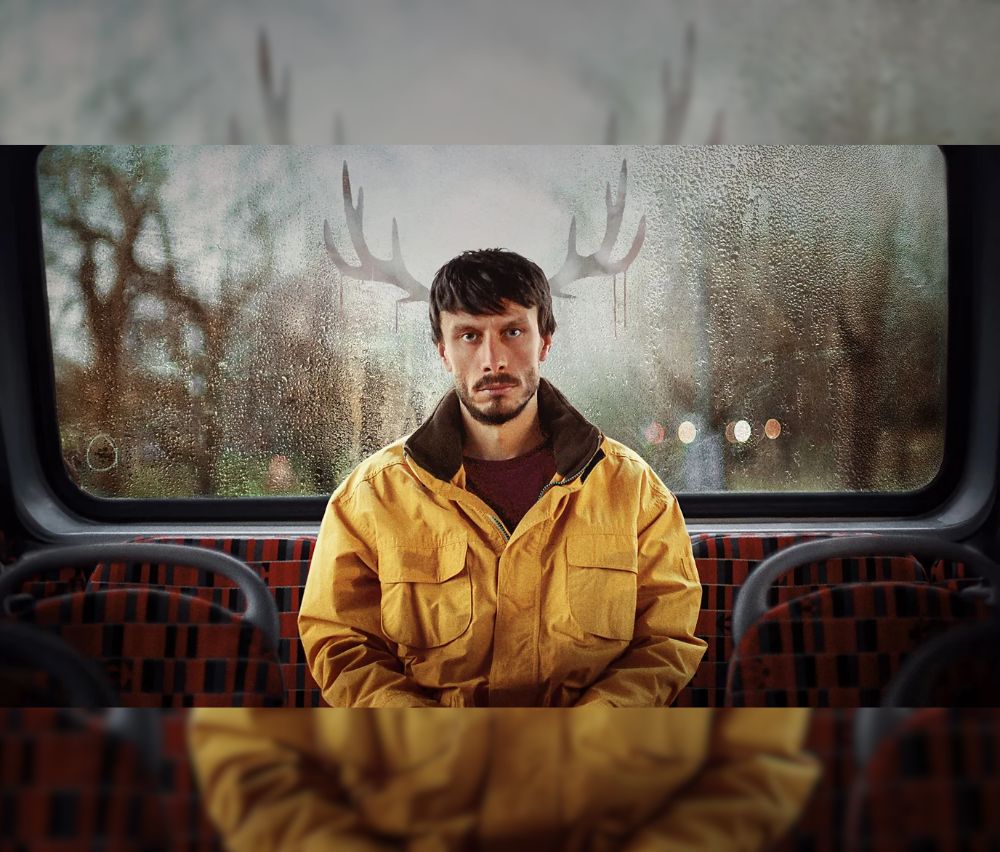
The "Baby Reindeer" Controversy
May 24, 2024
Netflix’s latest drama, “Baby Reindeer,” has been making waves, but not for the reasons you might think. This series, based on the real-life experiences of comedian Richard Gadd, has sparked a massive controversy that’s got everyone talking. Let’s dive into the details and see what all the fuss is about.
The Show and the Controversy
“Baby Reindeer” follows the story of a fictionalized version of Richard Gadd, who finds himself in a twisted and obsessive relationship with a female stalker. It’s a gripping psychological thriller that’s based on Gadd’s own experiences, and it’s got viewers hooked.
But here’s where the controversy comes in – some viewers have been trying to identify the real-life inspirations behind the characters in the show. And this has led to several individuals being wrongly accused and facing online harassment as a result.
The Legal Fallout
As if the online backlash wasn’t enough, the situation has now escalated to the legal realm. Reports suggest that individuals who claim they’ve been defamed by the series’ portrayal of events have threatened legal action against Netflix and Richard Gadd.
One particular case that’s been making headlines is that of Fiona Harvey, who viewers have speculated is the real-life inspiration for the character of Martha Scott. In a live interview on “Piers Morgan Uncensored,” Fiona expressed her distress over being associated with the character and the death threats she’s been receiving.
Netflix’s Response
Netflix has stated that it took every reasonable precaution to protect the identities of real individuals while maintaining the authenticity of Gadd’s story. It has also defended the creators’ artistic freedom, arguing that the show is a fictionalized account and not meant to be a direct representation of real-life events.
But that’s not enough for those who feel they’ve been wronged. The fallout continues as those implicated seek legal recourse, and the public debate intensifies.
The Bigger Picture
This whole situation raises some really interesting questions about privacy, artistic freedom, and the responsibilities of creators and platforms. On the one hand, you have the creative team who want to tell a compelling and authentic story. On the other hand, you’ve got real people who feel like their lives have been unfairly portrayed and exposed.
It’s a delicate balance, and it’s clear that there’s no easy answer. But what’s undeniable is that the “Baby Reindeer” controversy has highlighted some of the challenges that can arise when real-life stories are adapted for the screen.
Lessons Learned
So, what can we take away from all of this? Well, for one, it’s a reminder that creators need to be incredibly mindful of the impact their work can have on real people’s lives. While artistic freedom is important, it can’t come at the expense of individual privacy and well-being.
At the same time, platforms like Netflix need to be more proactive in protecting the identities of those involved in the stories they host. They need to have robust policies and safeguards in place to prevent situations like this from happening.
For the public, it’s a lesson in the importance of being careful about jumping to conclusions and making accusations online. It’s easy to get caught up in the drama, but we need to remember that there are real people behind these stories, and our actions can deeply affect their lives.
Conclusion
The “Baby Reindeer” controversy is a complex and fascinating case study in the intersection of art, privacy, and social media. It’s a stark reminder that the creative process doesn’t exist in a vacuum and that the decisions made by creators and platforms can have real-world consequences.
As we move forward, it’s crucial that we learn from this experience and work towards a more balanced and responsible approach to storytelling. Because at the end of the day, we all have a role to play in ensuring that the art we consume and the platforms we use are reflective of our values and commitment to respect and empathy.
***
Follow D-Muse to stay current with fashion trends, lifestyle tips, and exciting events. DM us now to get all the information you need!
